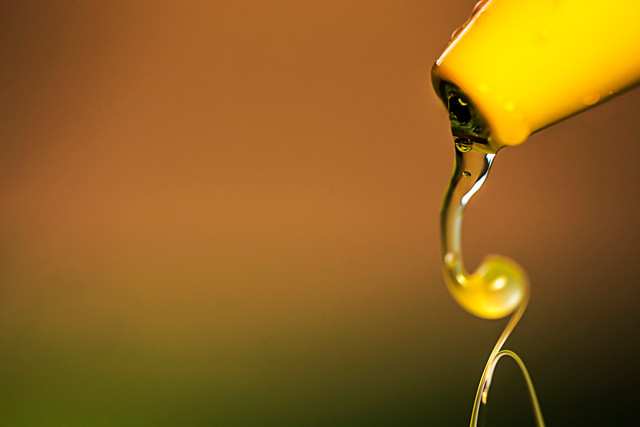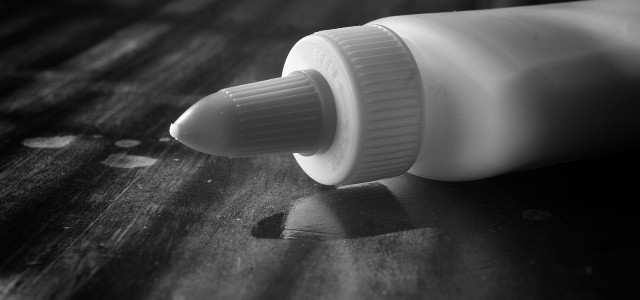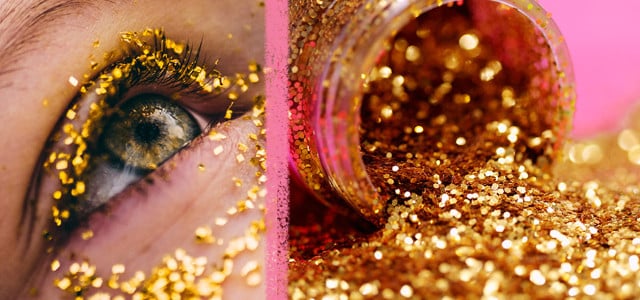It’s a sticky situation: glue throughout history has been made of collagen, traditionally from animals. In this article we will delve into what glue is made of today and whether it is vegan or not.
Interestingly enough: the word collagen itself derives its name from the Greek κόλλα (kólla), meaning “glue”, and suffix -γέν, -gen, denoting “producing”. Originally this glue came from the collagen of animal hides, bones, and fish. But most of today’s glue is vegan-friendly, as manufacturers opt for synthetic adhesives made from petroleum, e.g. polyvinyl acetate (PVA), cyanoacrylates, epoxies.
But this does not guarantee all glue is vegan friendly: many of today’s glues are still tested on animals or contain animal ingredients. This can be very difficult to track, because various other products you buy, like books, shoes, and cereal boxes, are bound by glue.
How is Glue Made?



Traditionally glue has been made from animal-derived collagen products, such as animal hides, bones, and other tissues. To make this glue: animal hides, bones, and other tissues are first washed of dirt and debris and then soaked in water to soften and release collagen. Next, they are treated with lime and acid to further break down and release collagen. The acid is then removed and the collagen-and-water mixture is boiled down to a thick gelatin-like substance that can be further refined and treated with other chemicals and ingredients to create the desired product.
Synthetic glue, on the other hand, is made through chemical reactions. Vinyl acetate, the base synthetic glue ingredient, is created from the reaction between acetylene and acetic acid. In the presence of a catalyst, the molecular weight of vinyl acetate increases and produces the polymer polyvinyl acetate. This can then be mixed into an emulsion to create a glue of the appropriate texture. PVA glues require additives to keep them from drying out.
Which Glue Brands are Vegan?
The good thing is that it is usually pretty easy to find vegan-friendly glue brands for your personal use: brands including UHU, Weldbond, Gorilla Glue, and Elmer’s Glue have all been found to be suitable for vegans.
Synthetic glue is much more commonly used today, so the majority of today’s glue usage is usually vegan-friendly. However, you might still find some animal-derived glues used in the production of traditional products like cardboard, books, or in woodworking. Make sure to check if the company lists any labels showing their products are vegan.
Just in need of a simple craft glue for kids? Follow our homemade glue recipe guide and make your own vegan-friendly glue in no time.
Is Glue Natural?



For those of you who are balancing both veganism and a green living style, you might be wondering what is natural about synthetic glue and if there are any more natural alternatives.
Some synthetic adhesives based on toxic chemicals, such as epichlorohydrin or formaldehyde, are costly and harmful to both the health of living beings and the environment, including ecosystems.
Though used less frequently nowadays, natural glues can also be made from vegetable starch, natural gums like agar and gum arabic, and natural rubber latex.
So next time you buy glue, look out for what it contains and maybe even consider buying an organic natural-based option. Alternatively, make it yourself using our simple homemade glue guide. This alternative not just saves you all the toxic chemicals, but also the plastic container that glue usually comes in.
Read More:
- How to Remove Superglue from Skin, Textiles, and Surfaces
- Homemade Finger Paint: Non-Toxic Paint for Kids
- How to Get Stickers Off Glass and Remove Residue
Do you like this post?







